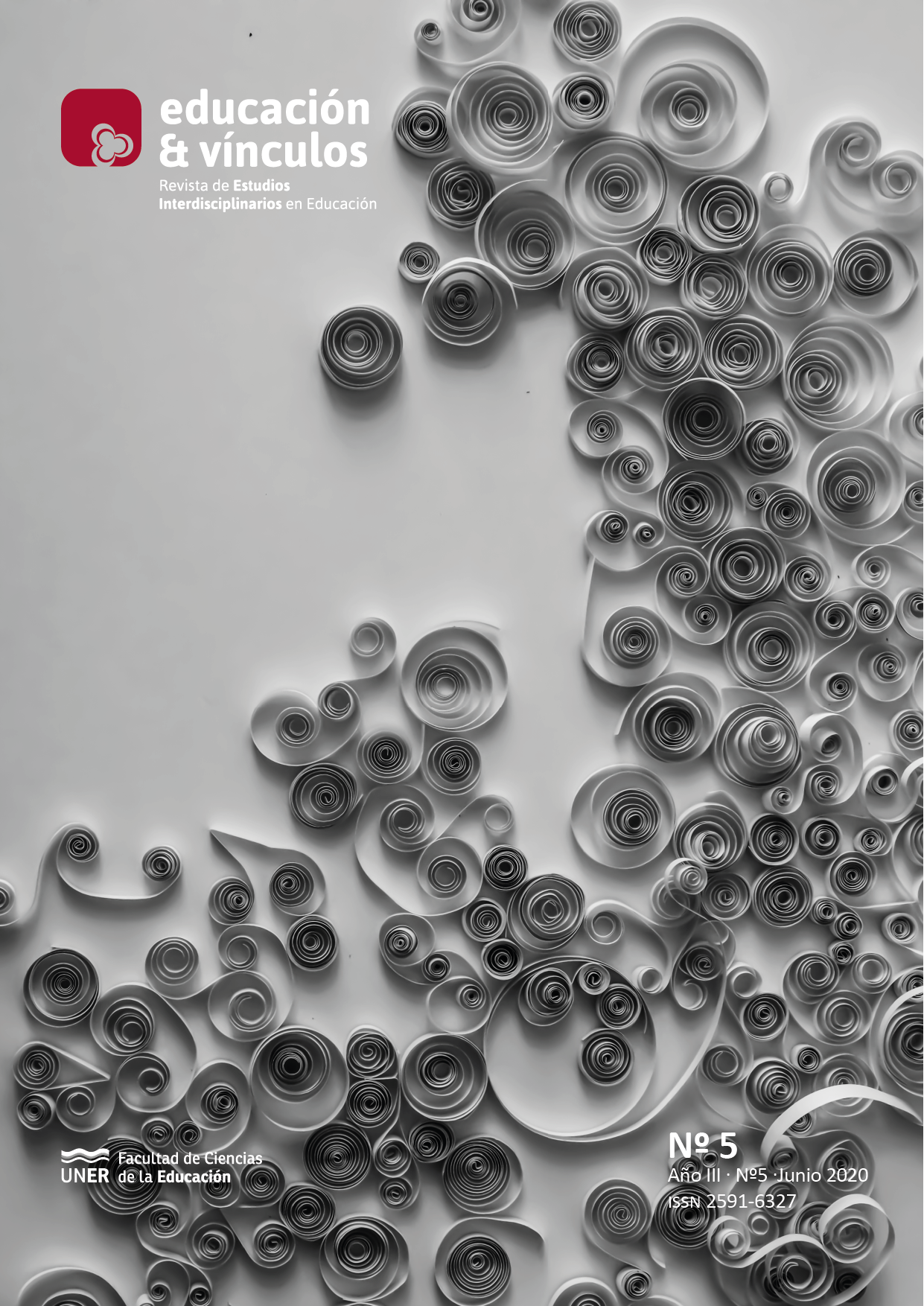Higher Education and cognitive justice: the experience of the Tecnicatura Universitaria en Lengua de Señas Argentina (TULSA) in the Facultad de Trabajo Social
Keywords:
cognitive justice, right to education, deaf community, university, languageAbstract
There is no social justice without cognitive justice, Boaventura de Sousa Santos affirms emphatically, and with this, offers us a new opportunity to fracture perspectives and analysis in this case of university educational experiences. We could turn the idea and say that social justice is done with cognitive justice or it is not done. Higher education and the university as the institutionality that builds it is still in debt with itself (we owe it to ourselves) about deepen into persistent epistemic violence, not only with the communities that speak other languages, but also with each experience that does not close to the canons of the universities.
In this work we want to share concerns, bets and potentialities of the training experience of 280 Deaf students in the Facultad de Trabajo Social of the Universidad Nacional de Entre Ríos [National University of Entre Ríos] (UNER) from the start-up in 2018 of the Tecnicatura Universitaria en Lengua de Señas Argentina. In the following, we present the proposal and the challenges that we face after two years of work, with special emphasis on the work of the different subjects that have as a guiding axis the task of (re) building with the students a new relationship with reading and writing in spanish, deconstructing experiences that we could affirm as traumatic, forged in previous educational trajectories in a monolingual and expulsive educational system for many, particularly for deaf people. In this sense, the entire career is a (new) university experience that, breaking with the aforementioned traditions, produces non-exclusive educational practices in the university and, therefore, draws towards the materialization of the strong idea of higher education as a human right and for everyone.




